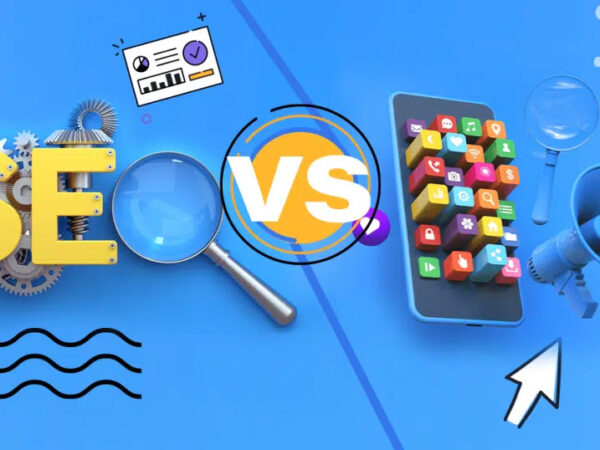
Harnessing the Power of Psychology: Conversion Optimization for Performance Marketers
In the current digital landscape, where competition is fierce and attention spans are fleeting, performance marketers face intense competition in capturing the attention and converting the ever-elusive online consumer.
Did you know that according to recent studies, nearly 70% of website visitors abandon their online shopping carts before completing a purchase? This staggering statistic highlights the immense potential for improvement in conversion rates.
To succeed, marketers must delve into the realm of psychology, understanding the intricacies of human behavior and decision-making processes. Conversion optimization, the art of increasing the percentage of website visitors who take desired actions, relies heavily on psychological principles.
In this blog post, we will explore how performance marketers can harness the power of psychology to optimize conversions and boost their marketing efforts.
So, let’s dive in and discover the science-backed tactics that will transform your marketing campaigns into powerful conversion engines.
Understanding the Psychology of Consumer Behavior
To effectively optimize conversions, performance marketers need to comprehend the psychology behind consumer behavior. By studying human motivations, needs, and cognitive biases, marketers can tailor their strategies accordingly.
Key psychological concepts include social proof, scarcity, reciprocity, and the fear of missing out (FOMO). Leveraging these concepts allows marketers to influence decision-making processes and create a sense of urgency, ultimately leading to higher conversion rates.
The Role of Emotional Triggers
Emotions play a crucial role in consumer decision-making. Performance marketers must understand how to evoke the right emotions to drive conversions. By appealing to consumers’ desires, fears, and aspirations, marketers can establish an emotional connection that compels action.
Emotional triggers, such as nostalgia, humor, or empathy, can significantly impact conversion rates. Marketers should carefully select and craft their messaging and visuals to elicit the desired emotional response from their target audience.
Optimizing Website Design and User Experience
A well-designed website and seamless user experience are paramount for conversion optimization. Performance marketers must consider the principles of user psychology when developing their websites.
Utilizing principles such as Hick’s Law (reducing decision complexity), the Von Restorff effect (highlighting key elements), and visual hierarchy (guiding attention), marketers can create intuitive and persuasive user interfaces. Additionally, optimizing website loading speed and mobile responsiveness are essential factors that influence conversions.
Effective Call-to-Actions (CTAs)
CTAs are the tipping point between visitor engagement and conversion. Psychology plays a crucial role in crafting compelling CTAs.
By incorporating action-oriented language, emphasizing benefits, and creating a sense of urgency, marketers can motivate visitors to take the desired action. A/B testing different variations of CTAs can provide valuable insights into which psychological triggers are most effective for driving conversions.
Leveraging Social Proof and Testimonials
Humans are social creatures, and we tend to seek validation from others before making decisions. Marketers can tap into this innate behavior by incorporating social proof and testimonials into their marketing strategies.
Displaying customer reviews, ratings, case studies, and testimonials helps establish trust and credibility, influencing potential customers to convert.
The Power of Personalization
Personalization enhances the customer experience and increases conversion rates. By tailoring messages, offers, and recommendations to individual preferences and behaviors, marketers can create a sense of exclusivity and relevance. Personalization can be achieved through data analysis, segmentation, and dynamic content delivery, ensuring that customers feel understood and valued.
Final Words
Performance marketers must go beyond traditional marketing techniques and embrace the power of psychology to optimize conversions effectively. Understanding consumer behavior, leveraging emotional triggers, optimizing website design, crafting effective CTAs, utilizing social proof, and personalizing the customer experience are all essential aspects of conversion optimization.
Employing these psychological strategies, performance marketers can enhance their marketing efforts, increase conversion rates, and achieve their desired outcomes in today’s competitive digital landscape.
Ready to work smarter, not harder? Try Zavops today.


